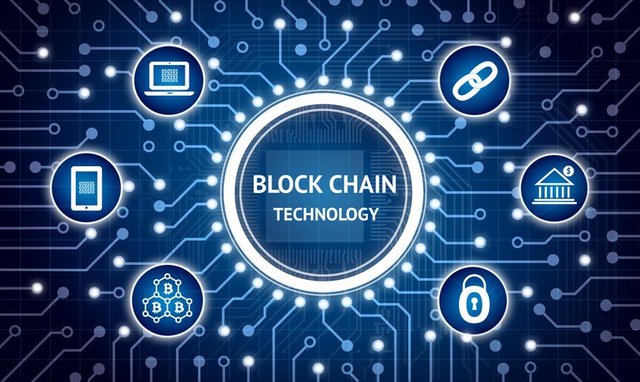Few can deny the power we have at our fingertips. Access to the internet has given the average human capabilities few of our ancestors would have been able to predict, or indeed believe. We have access to tools and information capable of shifting the very way we live, and blockchain technology is another such tool capable of taking the status quo and turning it on its head.

By virtue of you reading this, you have already been exposed to blockchain. It is shaking up social media, banking, trading and asset ownership. It is cutting transaction costs and improving transparency, and has the power to create change beyond what we could fathom at this point in time. It is undoubtedly one of the most important discoveries of the modern era, yet is of any use to us? Well currently, I'd argue no.
The first point we have to understand is that blockchain is nothing new. It is actually a combination of already-existing technologies that have been combined to create a "new" technology. Take nothing away from the brains behind blockchain- combining already-existing technology in a new way can be far more powerful than creating something entirely new from scratch. We had cryptography, and peer to peer networks were already well established, so why not combine the two to create something that is functional, can be understood by many and yet is innovative and completely new?
But for all the excitement and hype around blockchains and cryptocurrencies, where are we actually sitting at the moment with this technology? Has it added substantial value to society, improved efficiencies and in general lived up too all of the excitement surrounding this new field?
A first massive issue is its scalability. Looking purely at transactions per second, Bitcoin and Ethereum are not even in the same universe as Visa, for example (Bitcoin can handle 2-4 transactions per second, Ethereum 20 while Visa can handle up to 50,000). While this is not the only factor to look at, it highlights the issue quite nicely. We live on a planet with over 7 billion people, all of whom are nearly constantly transacting. Add on to that the millions of businesses, governments etc. doing the same, and we are faced with a monumental volume of information changing hands on a continuous basis. How can we realistically integrate blockchain into our lives when it cannot even handle all of the transactions of the Vatican City (the least populous country on Earth). For its use case to improve, blockchain must scale, and must scale rapidly and exponentially.
A second issue is the illusion of decentralization. Is something truly decentralized when a few control the many? Take Bitcoin for example. 0.01% of all addresses hold roughly 40% of all Bitcoins. If they wanted to, they could easily flood and crash the market. A further concern is the concentration of mining power. If a country such as China consolidates all of its mining power, it can easily hack and re-write new blockchains for their own benefit (older, longer chains pose more of a problem). Is anything truly decentralized and safe it if is exposed to manipulation from the big dogs that happened to be early adopters?
There are many more concerns people have surrounding blockchain technology, but we cannot ignore its virtues. We now have the possibility of trustless, decentralized, distributed ledgers that are un-hackable and are open for the world to see. Is the technology perfect? Hell no. Could it be? I think so. Only time will tell.
Until then, let's all try and contribute to its success, and always remember to HODL!

An interesting perspective. All we hear about is how good blockchain is, it's nice to hear there are some nay-sayers to keep everyone else in check!
Downvoting a post can decrease pending rewards and make it less visible. Common reasons:
Submit